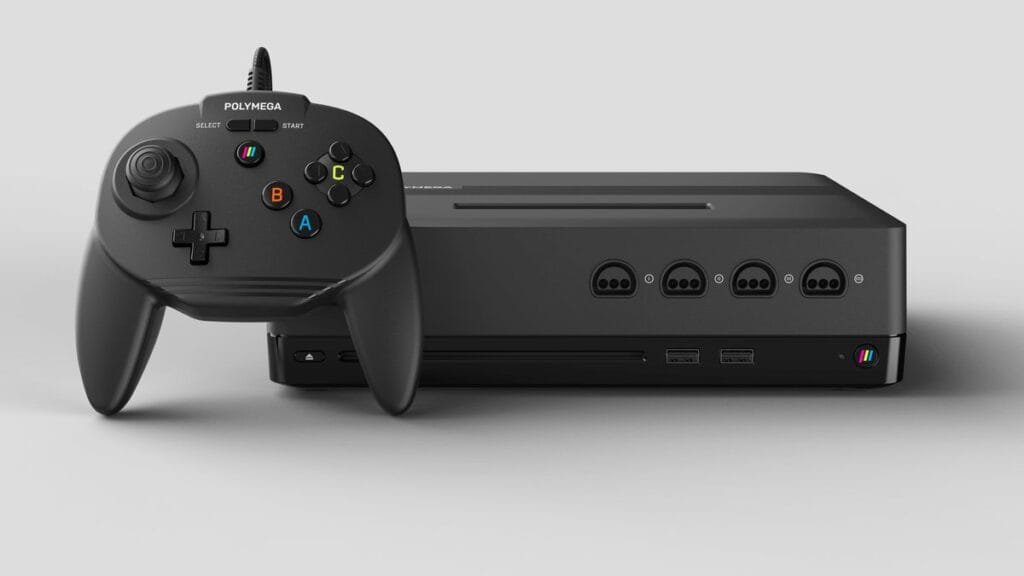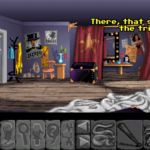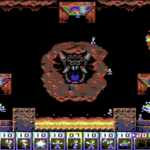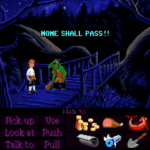We look at the modular Polymega console, and assess its effectiveness for retro gaming using original media.
If you’re interested in retro gaming and still have some old discs or carts — or have picked some up for a bargain at a thrift store or sale — there is a good chance your original hardware doesn’t work as it should. That’s if you even have any original hardware.
Now, you could spend money on having your original console reconditioned and upgraded. Or, you could look at one of the modern consoles that are compatible with classic media. Several of these are available, such as Analogue’s range of FPGA-based Nintendo and SEGA clones.
But one that particularly stands out is the Polymega console, a modular game system capable of playing both cartridges and optical discs (CD-based).
A look at the Polymega console
Described as a “a modular multi-system game console,” the Polymega differs from other retro consoles in that it can handle carts and discs at the same time. Take a look:
So, you’ve got the main unit, which has a built-in CD drive. This is compatible with PlayStation, Saturn, Neo Geo CD, and various Sega CD systems. In all, 15 different CD-based retro platforms are supported. But the console also supports cartridge-based “Element Modules.” These are for cartridge platforms: the NES, SNES, SEGA Genesis/Mega Drive, the TurboGrafx-16, the Nintendo 64 (yes, you could play GoldenEye 007 from the original cart), and the Atari 2600/7800. Meanwhile, arcade games can be played via the online connectivity, relying on MAME emulation.
(Note that this is a system dedicated to pre-2000 platforms. You’re unlikely to find support for PS2 or Xbox any time soon.)
Naturally, this modern hardware outputs to HDTV, and even includes internal storage. This is so you can back up original discs and carts. If you’ve ever been concerned about wear and tear on your original media, this is a great feature.
Keep in mind, however, that the Polymega is not the most affordable solution for retro gamers. The base unit is $449, while the Element Modules are $79 each.
Does it let you play retro games?
You have plenty of options with the Polymega.
With the CD drive you can play PlayStation, Saturn, Neo Geo CD, and Sega CD systems. Regional variations increase the list to 15 platforms. (For example North American, Japan, and PAL SEGA Saturn games).

The platform’s built-in storage is just 32GB, but this can be expanded, either using an M.2 slot or a Micro SDXC card. The console has a built-in game database providing box-art and other information. Just 2GB of RAM is included (why would it need more?!), and you can expect Wi-Fi and Bluetooth connectivity, along with an Ethernet port and 2x USB ports for wired controllers.
Various wireless and classic, cabled controllers are supported. Each of the Element Modules (the cartridge adapters) come with appropriate controllers. Light guns are also supported.
Should you buy a Polymega console?
If the pre-2000 console and arcade games library is what sets your retro bone on fire, then the Polymega is a strong option. It lacks the simplicity of an Evercade, but you have the advantage of configurability and curating your own collection.
But the price is a stumbling block. $449 (£414 in the UK) is a lot for the base unit, although there is no membership to the online services and the firmware receives regular updates.
You’ll need to order the Polymega base unit direct from polymega.com/collections/all, but you can find some Element Modules on Amazon, such as the Turbo Module Set for PC-Engine/TurboGrafx. You can also buy standalone controllers (including the light gun), and Polymega has its own range of curated, physical game collections.
It’s an attractive proposition, one that offers more than emulation and more than physical media. It’s on my list, and as soon as I have one, I’ll provide a full Polymega review.
Affiliate Disclosure: Some of the links in this post may be affiliate links, which means I may earn a small commission if you make a purchase through those links. This comes at no extra cost to you. Thank you for your support!
Christian Cawley is the founder and editor of GamingRetro.co.uk, a website dedicated to classic and retro gaming. With over 20 years of experience writing for technology and gaming publications, he brings considerable expertise and a lifelong passion for interactive entertainment, particularly games from the 8-bit and 16-bit eras.
Christian has written for leading outlets including TechRadar, Computer Weekly, Linux Format, and MakeUseOf, where he also served as Deputy Editor.
When he’s not exploring vintage consoles or retro PCs, Christian enjoys building with LEGO, playing cigar box guitar, and experimenting in the kitchen.







